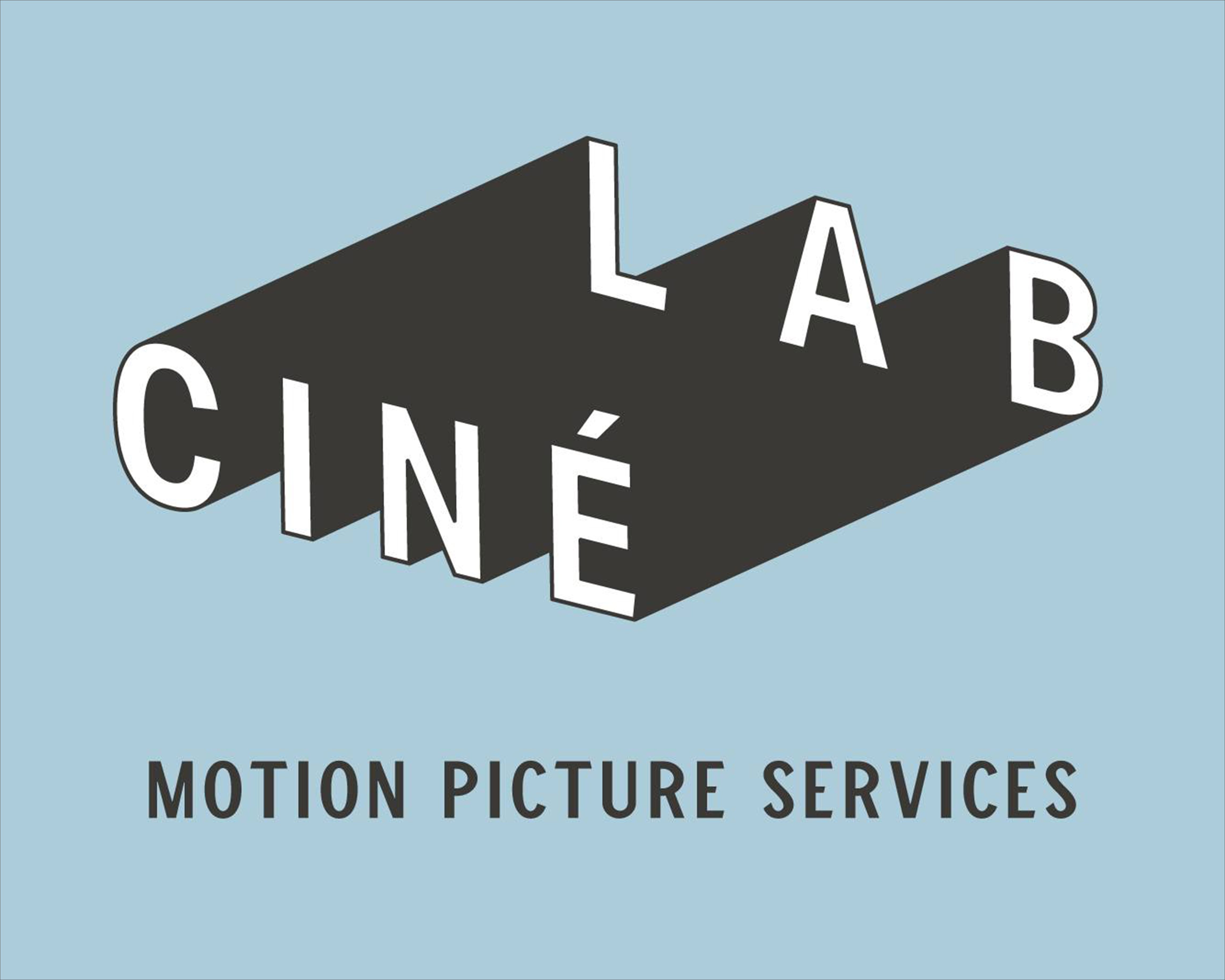You can't pitch your film until all your paperwork is in place. That means a business plan, a marketing plan, a market analysis, a script, a cast breakdown, contracts and letters of agreement, a professional script breakdown with day-to-day schedules, the complete detailed budget and a realistic cash flow analysis.
You’ll need just about ALL of that, give or take a piece here or there depending on the specific production needs. By and large, there are no shortcuts. Yes, you can find templates for schedules and budgets, you can read the Cliff Notes of someone else's business plan. But in the long run, those things will only be marginally helpful because YOUR film is unlike any other film. If you get cracking, working every day, it takes from three to six months after you’ve acquired the script.
Fortunately, there are groups that can help with each of these elements. I stress HELP. Don't expect to find a single group for everything - all these specific things are way too varied and complex for that. Fortunately, Yahoo and Google are really good at searching for the groups you need.
THE FILM BUDGETING GROUP on Yahoo is one of the key groups. It's the only one of its type, devoted exclusively to the CRAFT OF MAKING BUDGETS. It’s at
http://movies.groups.yahoo.com/group/FilmBudgeting/.
The group lists most film budgeting programs (along with users' reviews), links to production forms and almost every other tool you need to deliver accurate film and video budgets. There are also extensive files outlining how (and why) to make accurate, detailed budgets. The most important asset is that members have access to each other - over 1300 active, working filmmakers share information and know-how, guide newbies and provide real answers to tough budgeting questions.
Before you sign up, keep in mind that the group does NOT do any sort of fundraising. In fact, you’ll probably get kicked out just for asking about raising funds. The group is exclusively about the craft of making budgets.
Be sure to search for similar groups about making schedules, writing business plans, developing a cash flow analysis.... In the long run, you'll need them all. (It’s too bad that very few film schools are teaching the BUSINESS of filmmaking, so I don't know of any other way of acquiring the essential knowledge.)
If you decide to become part of the budgeting group, please mention studentfilmmakersforums.com.
Norman C. Berns
[email protected]
http://movies.groups.yahoo.com/group/FilmBudgeting/




